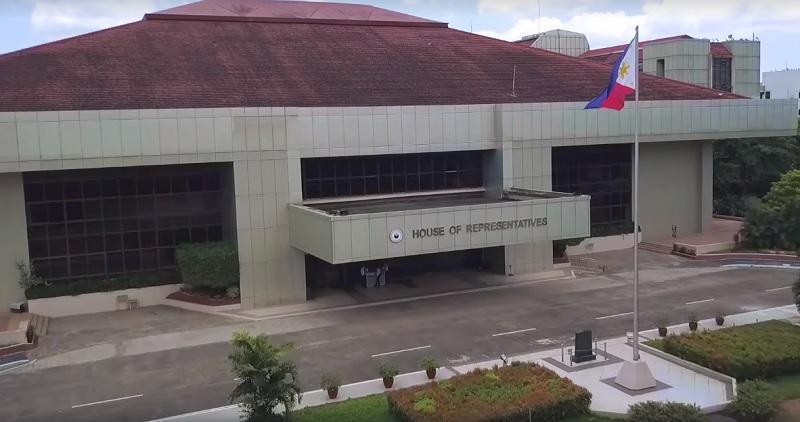RBH 7 on economic Cha-cha passed on final reading in House

The House of Representatives on Wednesday approved on third and final reading Resolution of Both Houses 7 which seeks to amend the 1987 Constitution and allow foreign ownership in vital industries.
Speaker Martin Romualdez said the proposed removal of constitutional limitations on the foreign ownership in certain sectors was the “last piece in the puzzle of investment measures” of the administration of President Ferdinand "Bongbong" Marcos Jr.
RBH 7, which removes the 40% foreign ownership limit for public utilities, education and advertising firms, gathered 289 yes votes, seven no votes and two abstentions.
“These changes, if ratified by our people in a plebiscite, will greatly boost these measures, including our President’s investment missions abroad which have generated actual investments and pledges in the billions of dollars and created thousands of jobs,” Romualdez said in a statement.
“We heard the wise counsel and suggestions of the resource persons and experts we invited to our hearings. We assure the business community and our people that we are working on the other factors that affect investments, like ease of doing business, the high cost of electricity, infrastructure, and similar issues,” he added.
In an earlier press conference, House Deputy Speaker and Quezon lawmaker Jayjay Suarez said the Senate should work with the House of Representatives in ensuring that the proposed economic amendments to the 1987 Constitution will be subjected to a plebiscite or the people’s vote.
“With the directive of our Speaker, given that there are expected constitutional challenges to the RBH 6 and 7, the prudent way is for us to maximize the Holy Week [break] by discussing...the leadership of the House and the Senate should reconcile on a definitive path how to advance RBH 6 and RBH 7 to the Comelec (Commission on Elections), so this can reach the plebiscite,” Suarez said.
“Kasi kung anuman ang napag-usapan ng Kongreso at Senado, dapat po nating ibigay ang kapangyarihan sa tao para makapagdesisyon kung ano ang nararapat para sa ating bansa. Hindi po natin dapat nakawin ang pagkakataong ito sa mamamayang Pilipino,” Suarez added.
(Because whatever the House and the Senate discussed, the authority to decide on what is best for the country belongs to the people. We cannot deny them that opportunity to decide for our future.)
Romualdez, in a separate speech, said that the RBH 7 provisions of amending the 1987 Constitution by inserting the phrase “unless otherwise provided by law” ensures that the legislative framework can swiftly respond to changing economic conditions while steadfastly safeguarding national interests.
"This is more than just an economic imperative. It is a clarion call to action that resonates with the aspirations of the Filipino people for a more prosperous and secure future," Romualdez said.
"Malinaw ang panawagan ng ating mamamayan. Kailangan nila ng mas maraming trabaho. Posible lamang ito kung maraming negosyong papasok sa ating bansa," he added.
(The call of our people is clear. They need more jobs, and this will only be possible if there are more businesses who will invest in our country.)
But for House Deputy Minority Leader and ACT Teachers party-list lawmaker France Castro, the way to address poverty is not Cha-cha but increasing wages.
"Why are there many Filipinos who are leaving to work abroad? This is because of higher wages overseas. Here, the wage is a race to the bottom. The solution is to increase the minimum wage to a livable wage," Castro said.
"But private firms and foreign companies are against this, because this will reduce their profit. Government economists are also against it because this policy will supposedly drive away foreign capital when all the workers want is a livable wage," she added. —NB/VBL, GMA Integrated News



